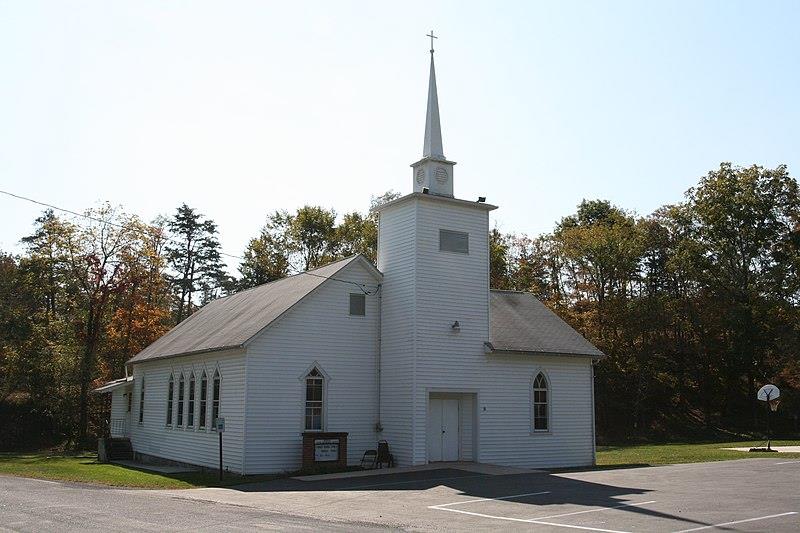
1. Charis, short for the Catholic Charismatic Renewal International Service, is the new office for charismatic renewal in the Catholic Church established by Pope Francis to coordinate this often unwieldy movement and bring it more into line with his papacy’s emphases on ecumenism and social justice. The charismatic movement had formerly had two liaison offices at the Vatican, the International Catholic Charismatic Renewal Services and the more recent Catholic Fraternity. In 2015, Pope Francis asked the two organizations to merge and more recently established Charis to streamline this consolidation. While not personally a part of the charismatic renewal, the pope has increasingly come to value the vitality and spirituality of the movement in its leadership role in the “new evangelization.”
 The new organization’s purpose is to bring more unity to the movement, which in some precincts has fallen under the sway of authoritarian and self-enriching leaders. Unlike its predecessors, Charis enjoys what canon law calls a “public juridical personality,” which means that it was established by the Holy See yet is still independent of it. But this canonical status will also mean tighter Vatican oversight. Observers say that such oversight will not attempt to establish a legitimate charismatic identity for the vast range of local and national prayer groups and leaders that make up the movement. But Francis has suggested that charismatic Catholics should be at the forefront of ecumenical efforts, especially with evangelicals, while linking their spirituality to greater social justice missions, especially in his native Latin America. (Source: America magazine, August 5)
The new organization’s purpose is to bring more unity to the movement, which in some precincts has fallen under the sway of authoritarian and self-enriching leaders. Unlike its predecessors, Charis enjoys what canon law calls a “public juridical personality,” which means that it was established by the Holy See yet is still independent of it. But this canonical status will also mean tighter Vatican oversight. Observers say that such oversight will not attempt to establish a legitimate charismatic identity for the vast range of local and national prayer groups and leaders that make up the movement. But Francis has suggested that charismatic Catholics should be at the forefront of ecumenical efforts, especially with evangelicals, while linking their spirituality to greater social justice missions, especially in his native Latin America. (Source: America magazine, August 5)
2. Sacred Stones is a new ministry in the United Methodist Church that adapts the “circuit riding” tradition of Methodism (a term taken from the time when Methodist preachers would travel to different congregations by horseback) to the use of deacons to serve and rotate among different churches. The organization, started by three deacons in the denomination, enlists deacons to serve multiple communities by working in a particular ministry in a contract or part-time capacity. None of the congregations they work with can support a full-time deacon, though they may receive funding for limited projects. The ministries of these circuit-riding deacons may include planning and helping to get new church projects off the ground, writing liturgies for particular worship services or seasons of the church year, and developing Sunday School curricula. Sacred Stones sees itself as part of a paradigm shift towards delegating work that once may have belonged to clergy in a small-church context unable to support full-time church workers. (Source: Christian Century, July 17)
